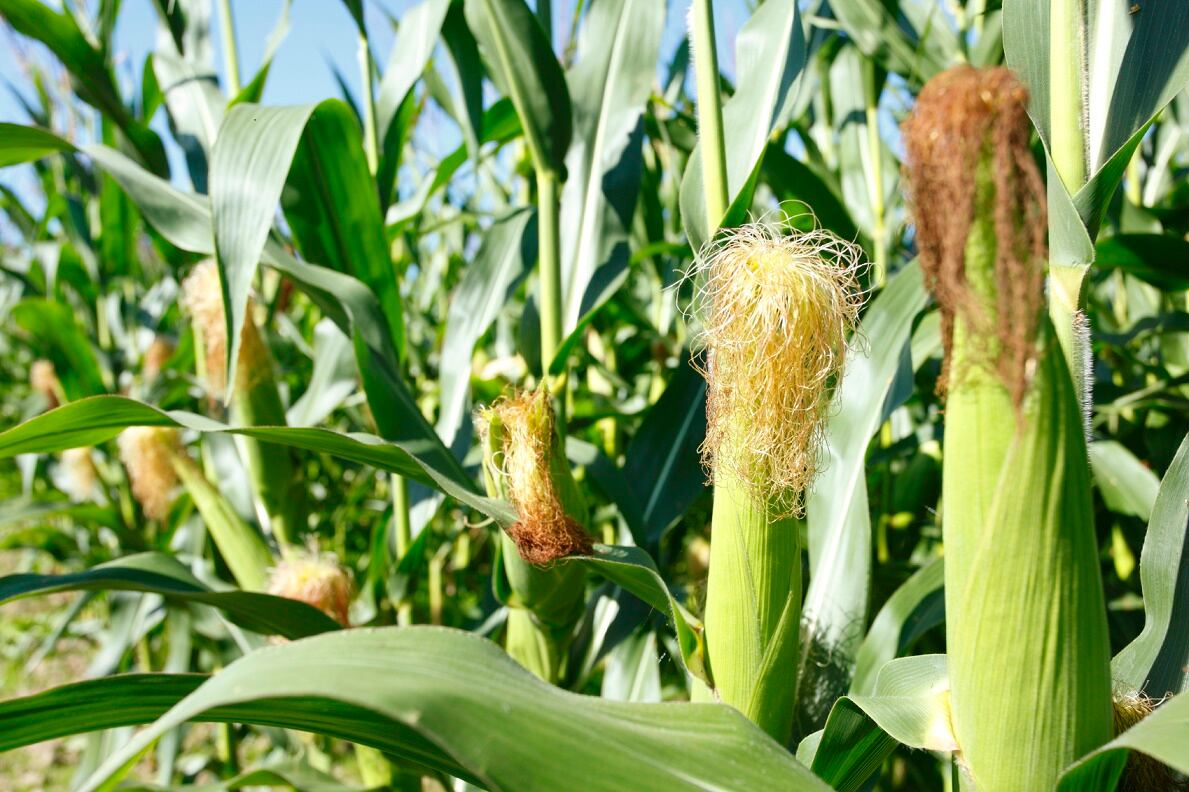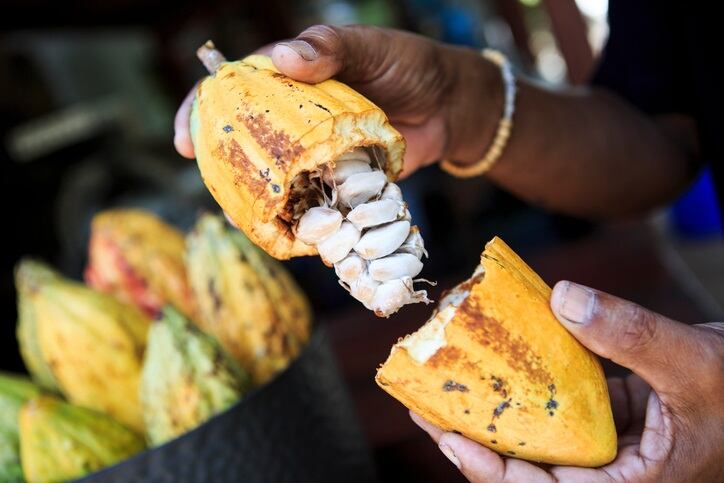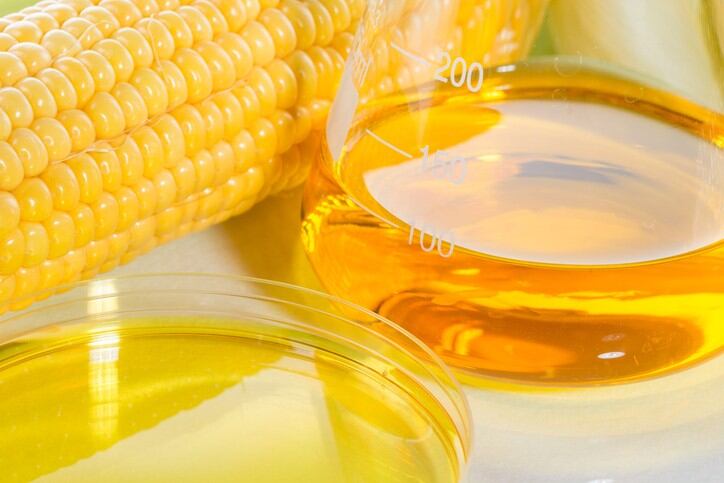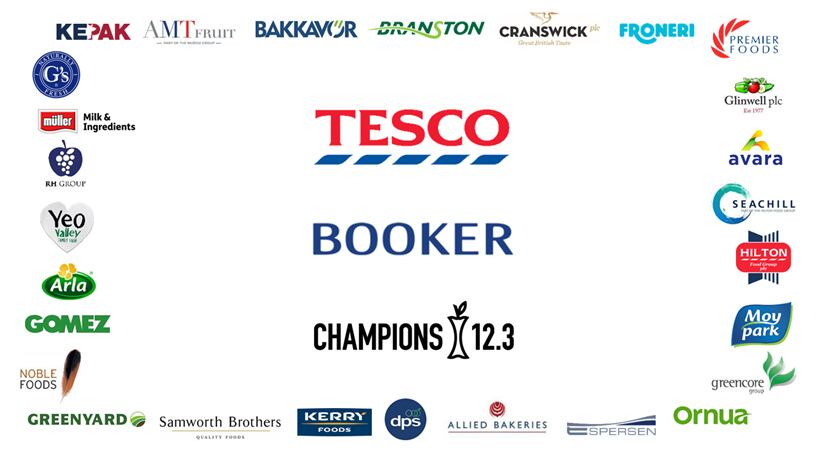To this end, Cargill has developed what it dubs the ‘Waxy Corn Promise’ in Europe, which aims to leverage Cargill’s supply chain relationships to address pain points in the production of waxy corn crops.
Cooperation throughout the supply chain is central to the promise, which wants to help farmers transition to more sustainable production methods.
“For our waxy specialty starch production in Europe, our waxy corn starch is traditionally sourced from Europe where Cargill has long standing relationships with supplier cooperatives and their farmers,” Dawn Emerson, Cargill sustainability manager, told FoodNavigator.
“Our promise is to support our farmers focus on the sustainability initiatives that will improve a sustainable crop supply. Cargill is working with a mix of farmers, some growing only crops others mixed with livestock or an additional job outside the farm, these can be small at around 60 hectares or larger of up to 400 hectares. Most are family farms on the third, fourth or fifth generation. In general farmers are in tune with their landscape and see many benefits to sustainable actions.”
Soil, water and biodiversity
Cargill combined today’s best-practice with assessments from an independent agronomy consultancy to define the areas it would focus the Waxy Corn Promise on.
“At farm level there are several key challenges in the waxy corn regions, such as sandy soil and nutrient leaching; biodiversity; water stress [during the] dry seasons; and water use, irrigation,” Cargill’s sustainability expert continued.
“The program recognises the good agricultural practices that are already happening on the farms and sets out action plans which are specific to the four focus areas - biodiversity, soil quality, water quality and water resources. [This aims] to further improve the sustainability level for waxy corn. Helping farmers becoming more sustainable year on year.”
Benchmarked at silver level by the Sustainable Agriculture Initiative Platform (SAI Platform), the Waxy Corn Promise delivers on consumers’ expectations for more sustainable food ingredients, Cargill said.
Emerson added that the SAI Platform is an important tool to communicate the development to Cargill’s food manufacturer customers. “[It] helps food developers understand the sustainability level of their food starches and contribute to corporate sustainability goals”.
The goal: Continuous improvement
While waxy corn may not be one of the more high profile crops attracting consumer concern over sustainability issues, Emerson insisted there is nevertheless room for improvement.
“Sustainability is about the long-term balance between economic, social and environmental aspects, so there are always ways to become more sustainable,” she insisted.
Cargill’s pledge has been developed specifically for the European waxy corn growing region in response to the key sustainability issues faced there. The company aims to address these risks with “continuous improvement actions”, Emerson explained.
“The program started with an independent baseline study to understand the current situation and capture the level of agricultural practices in action today. With the guidance of an agronomy consultancy, we identified the specific improvement areas to focus on.”
Improvement needs to be quantified and confirmed, Emerson continued. Action plans are implemented and reviewed each year, at each farm, in close collaboration with Cargill’s supplier partners. “It is important that any changes we ask the farmers to make have impact and are both measurable and verifiable at farm level.
“The crop harvest from 2017 was our baseline and the harvest for this year - 2018 - is the first one demonstrating improvement actions.”




